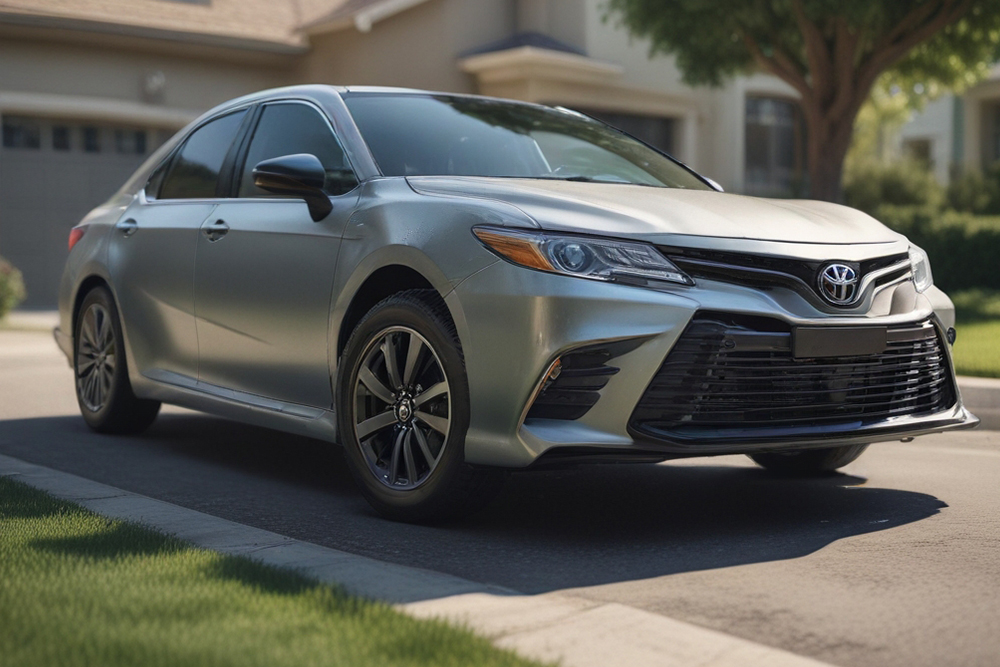Key Factors Affecting Your Vehicle’s Resale Price Beyond Its Condition
Understanding the factors beyond your car’s condition that influence its resale value can help you make informed decisions. Market supply, demand shifts, government policies, and consumer preferences significantly impact vehicle prices, regardless of maintenance quality. This knowledge aids both buyers and sellers in navigating the used car market effectively.

Key Factors Affecting Your Vehicle’s Resale Price Beyond Its Condition
Market value for vehicles is influenced mainly by supply and demand dynamics. When more consumers seek used cars, prices tend to rise. Alternatively, a surge in owners attempting to sell their vehicles can lead to a decline in prices.
Modern trends indicate that rising new car sales increase the availability of used vehicles. This surplus benefits buyers by providing more choices, often leading to decreased prices.
Even with excellent maintenance and performance, a vehicle’s resale value can fluctuate due to shifts in overall market demand and supply. For example, government policies that lower taxes on new cars might reduce interest in used vehicles, regardless of their condition.
Such policies can reduce used car demand while increasing the number of used vehicles available, leading to lower prices. Conversely, higher taxes on new cars can make used ones more appealing, boosting their market value. External factors like government regulation, market trends, and consumer preferences play crucial roles in determining car resale prices beyond just the vehicle’s true condition.


